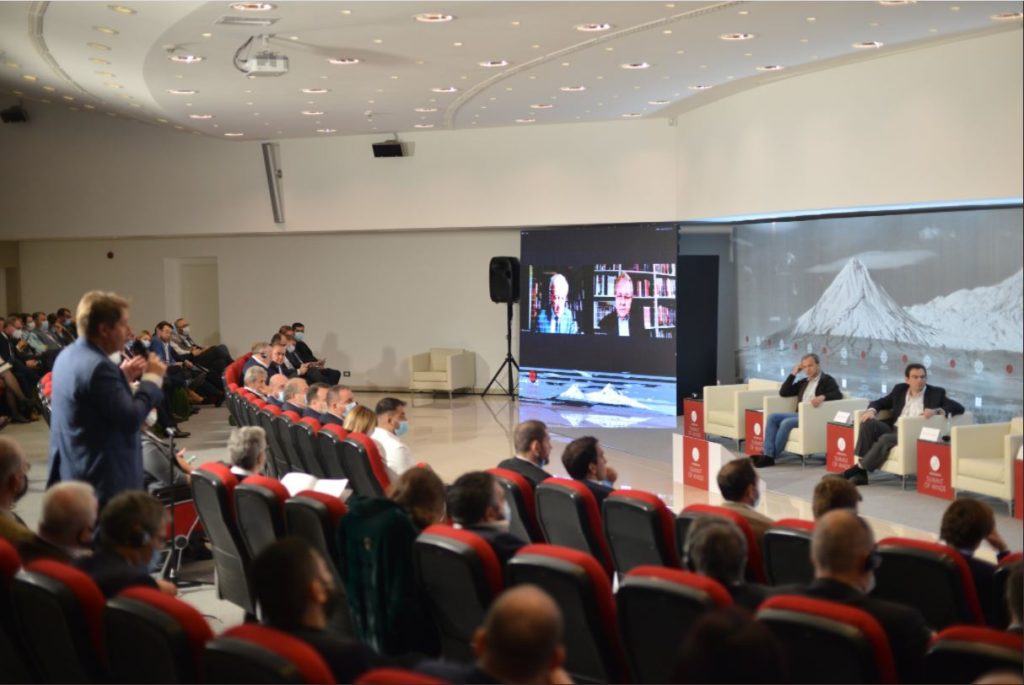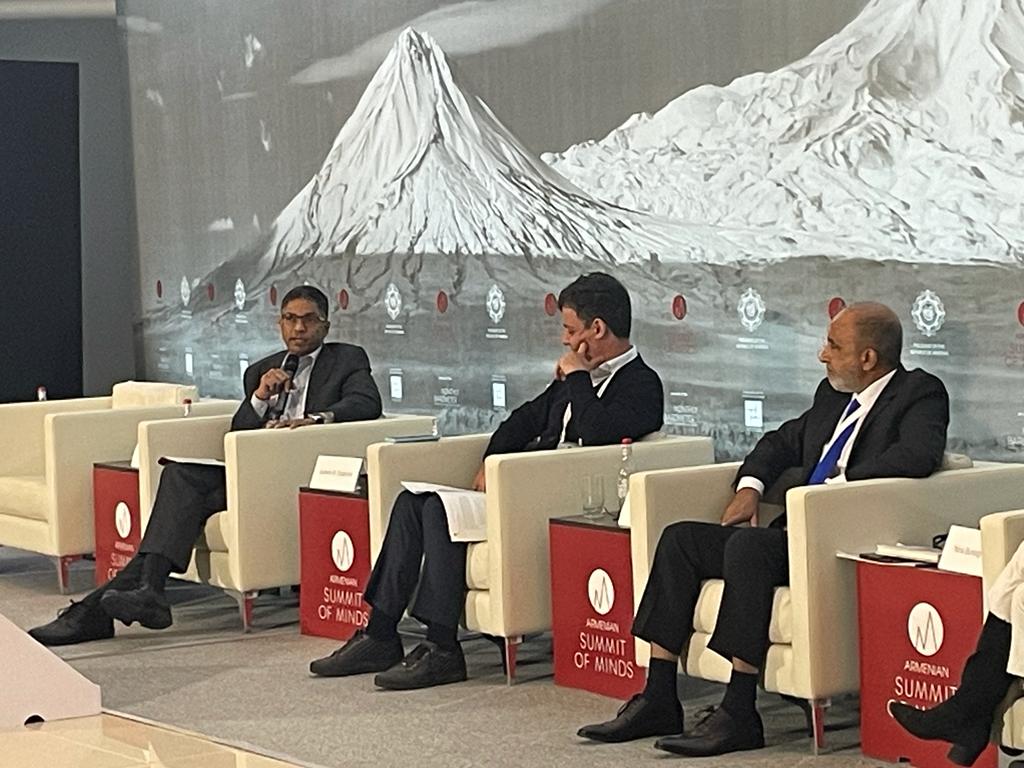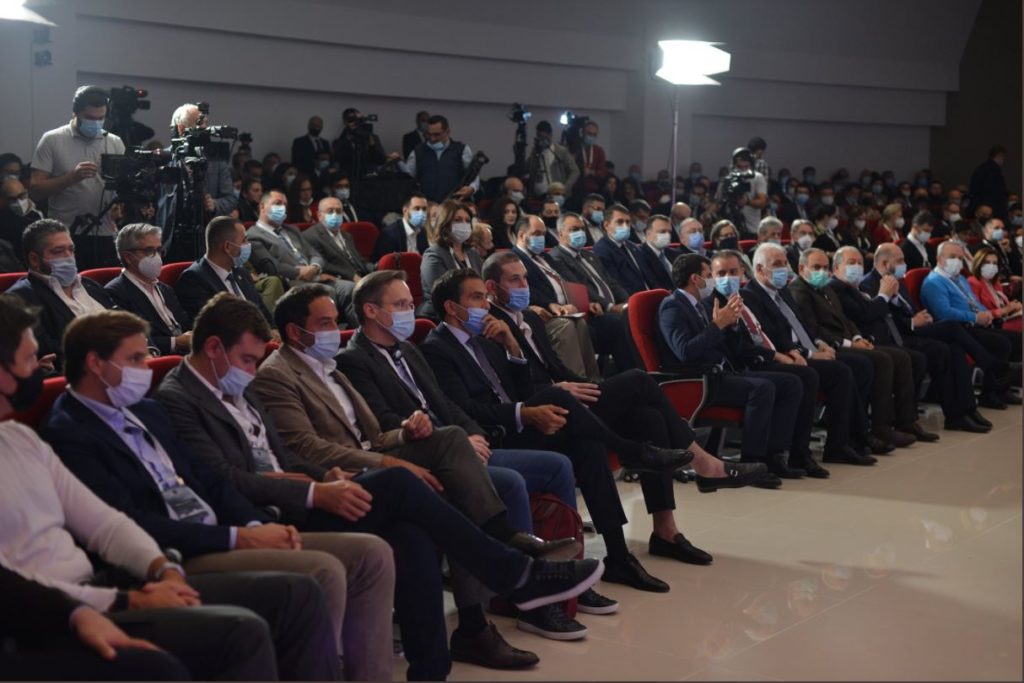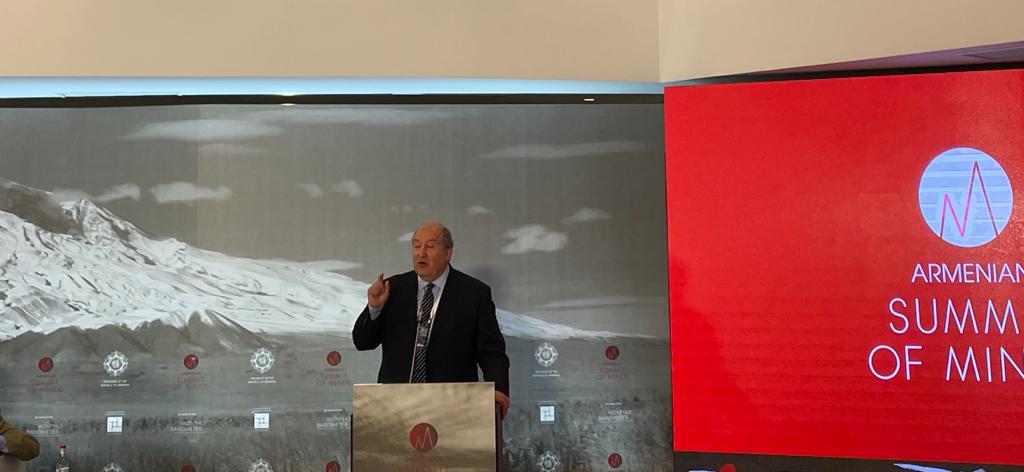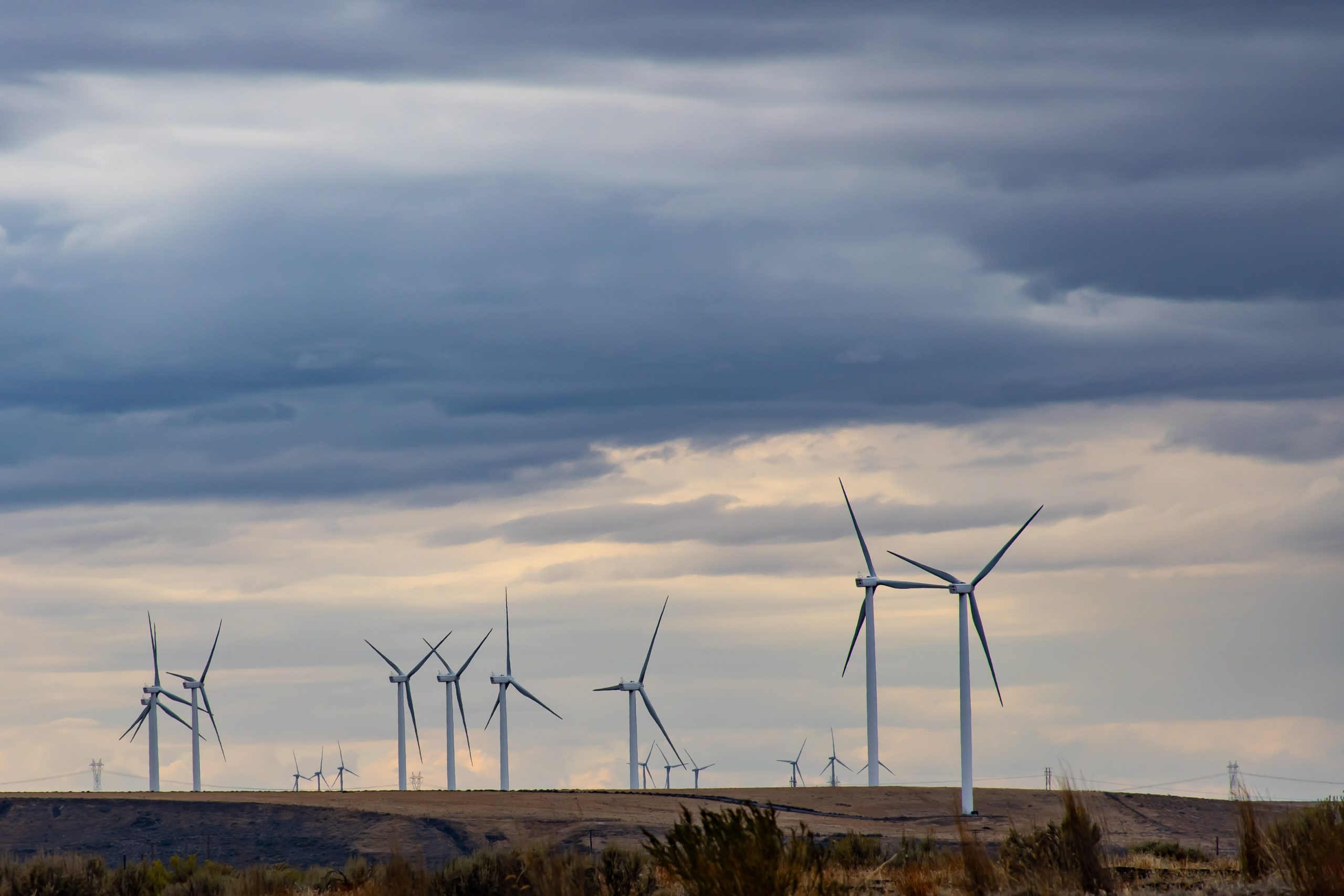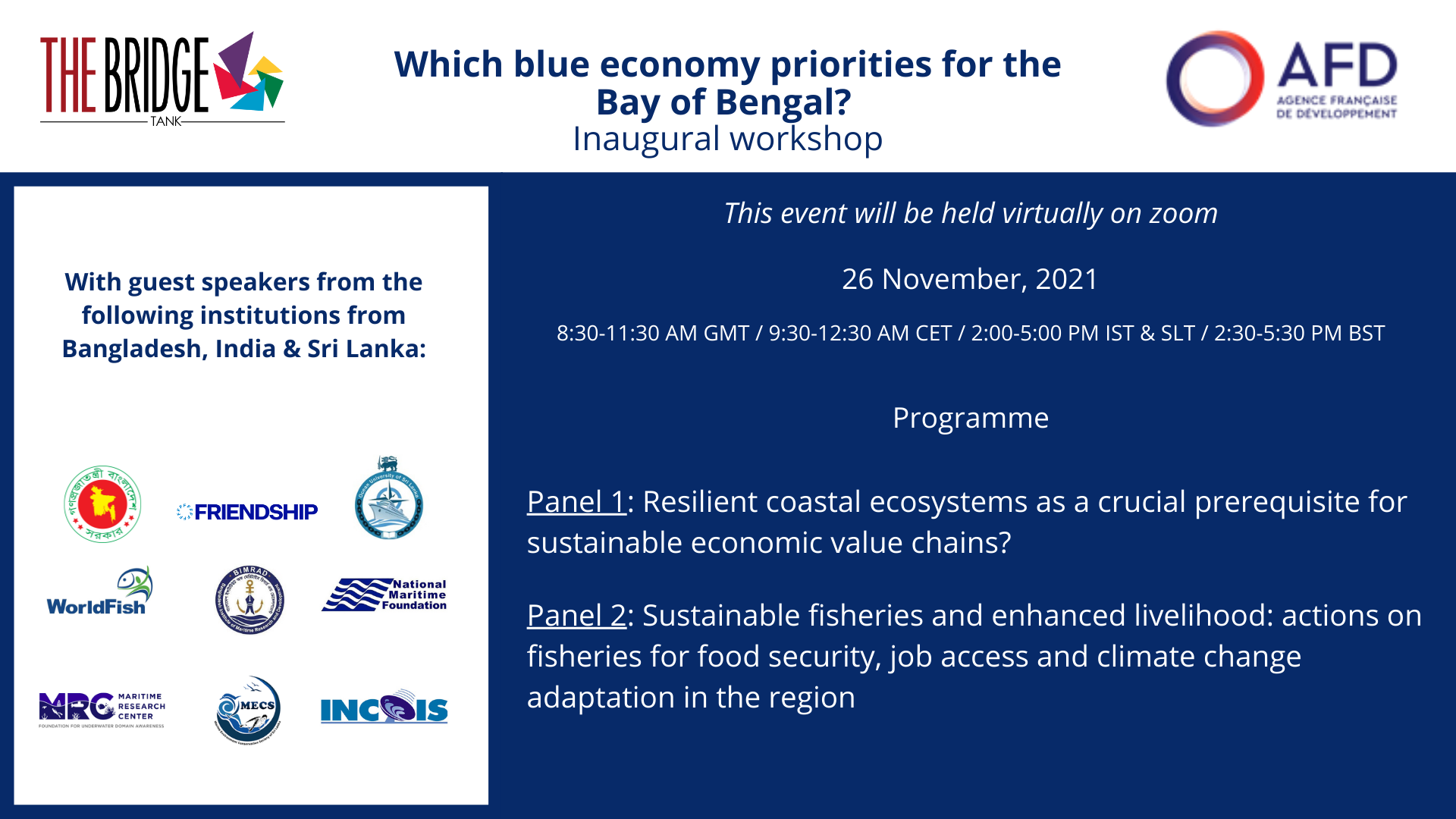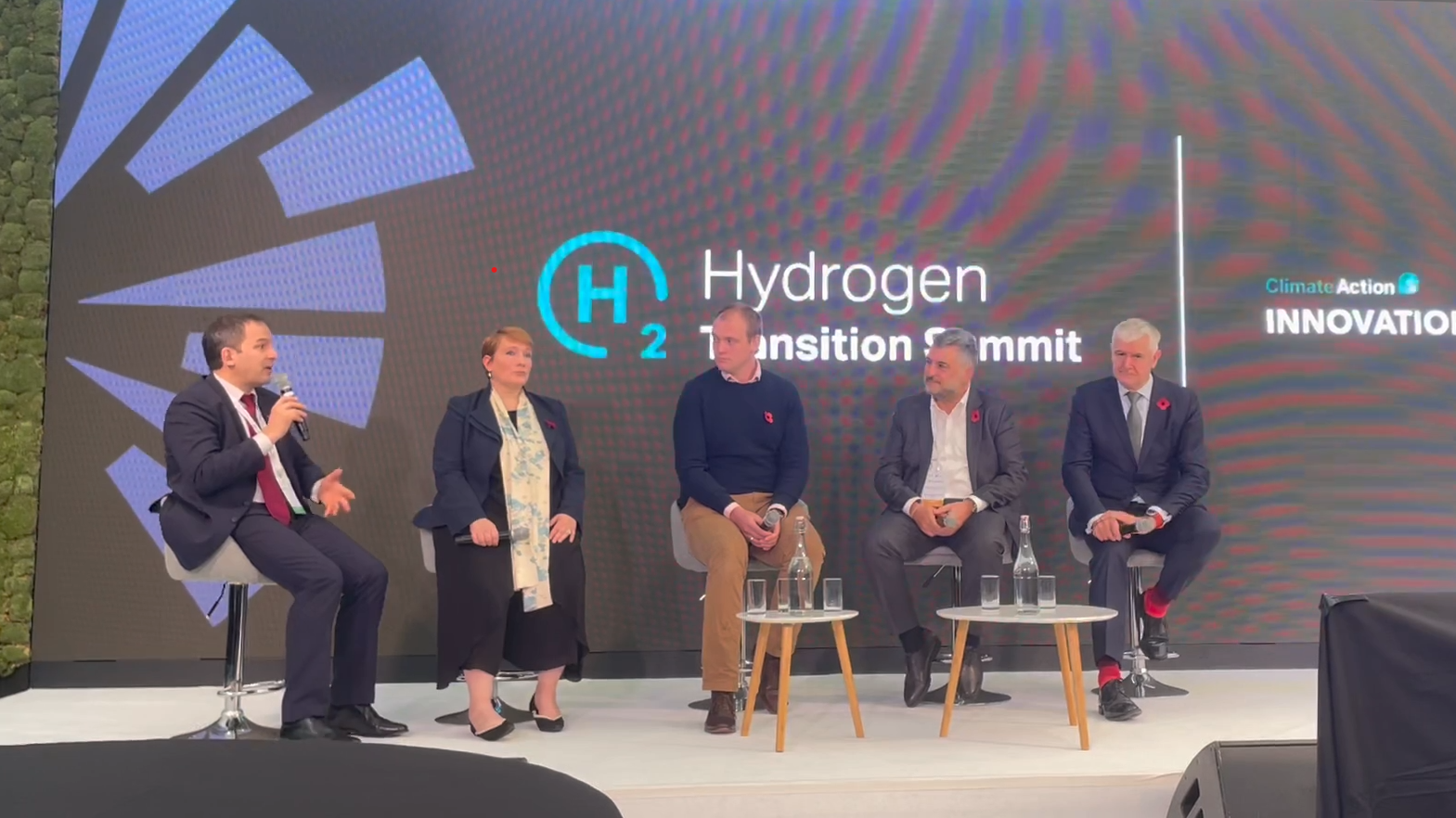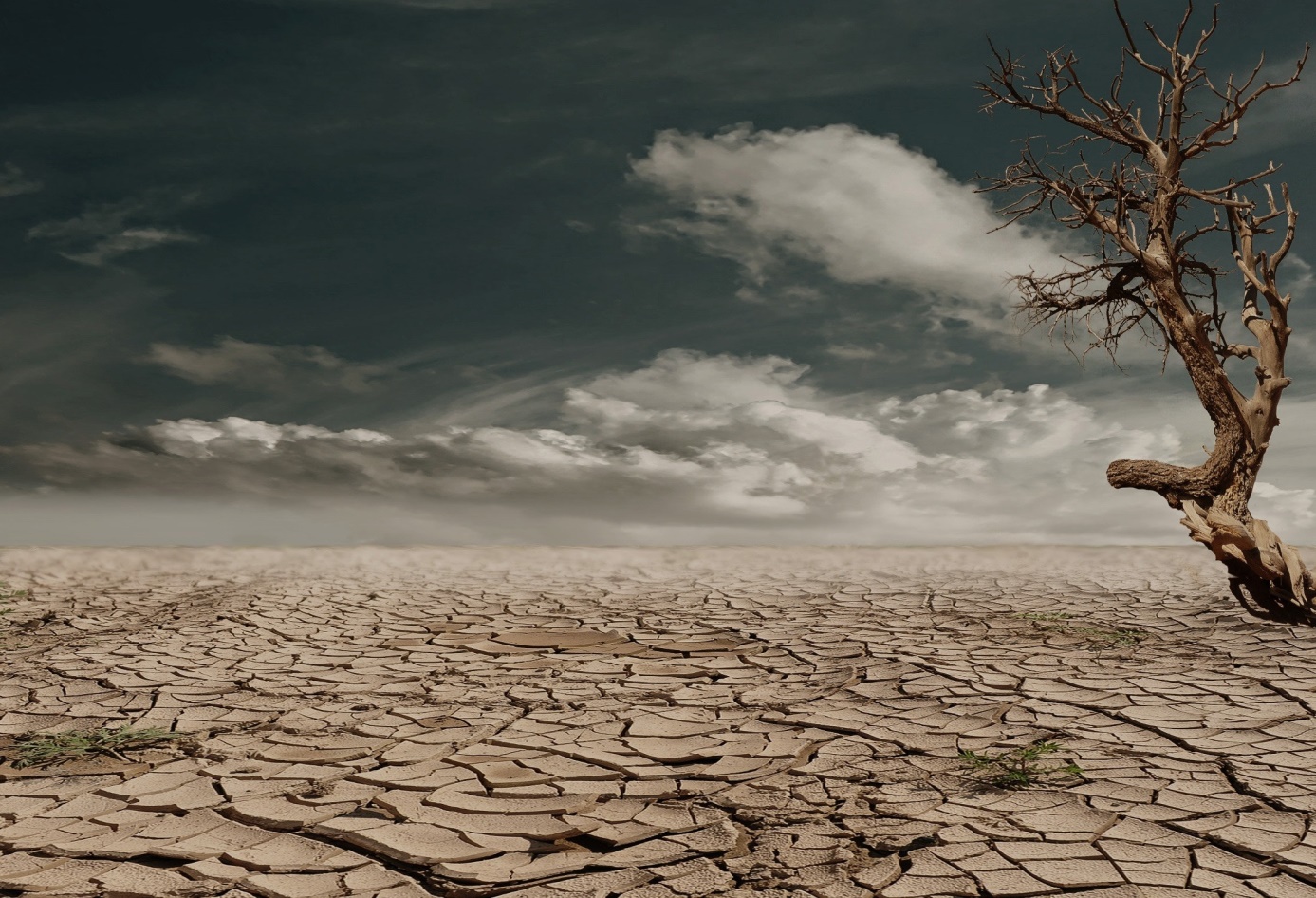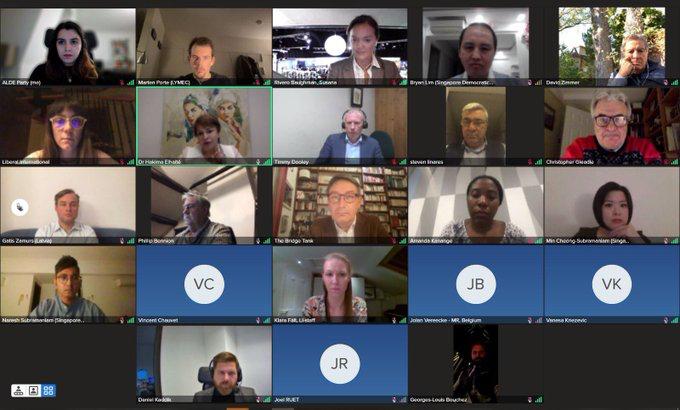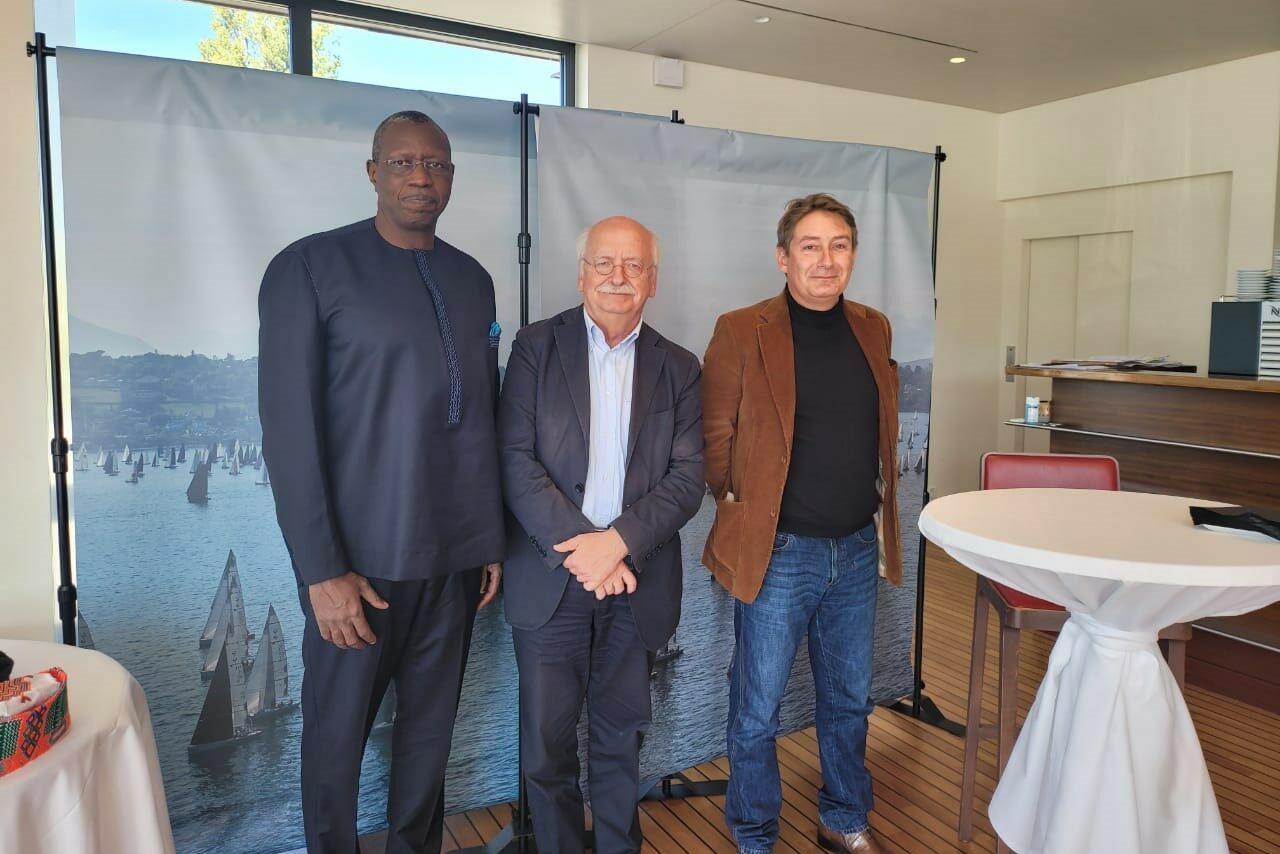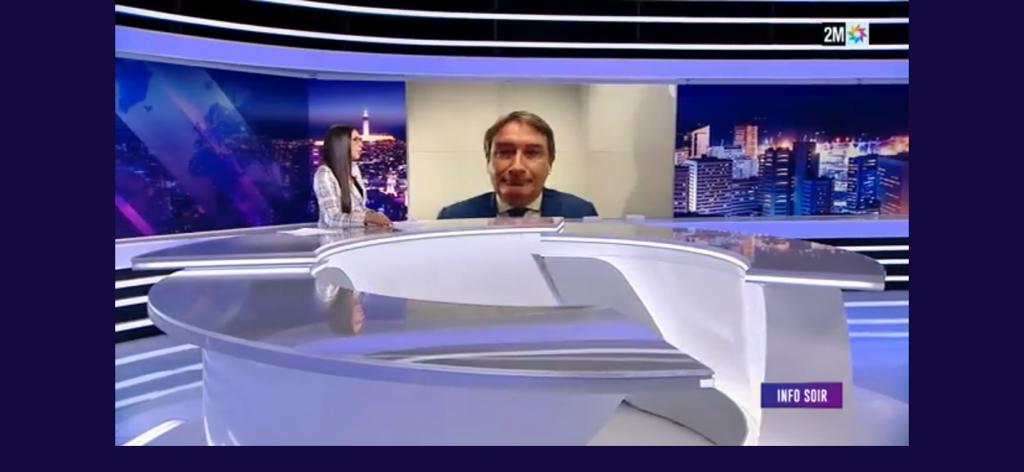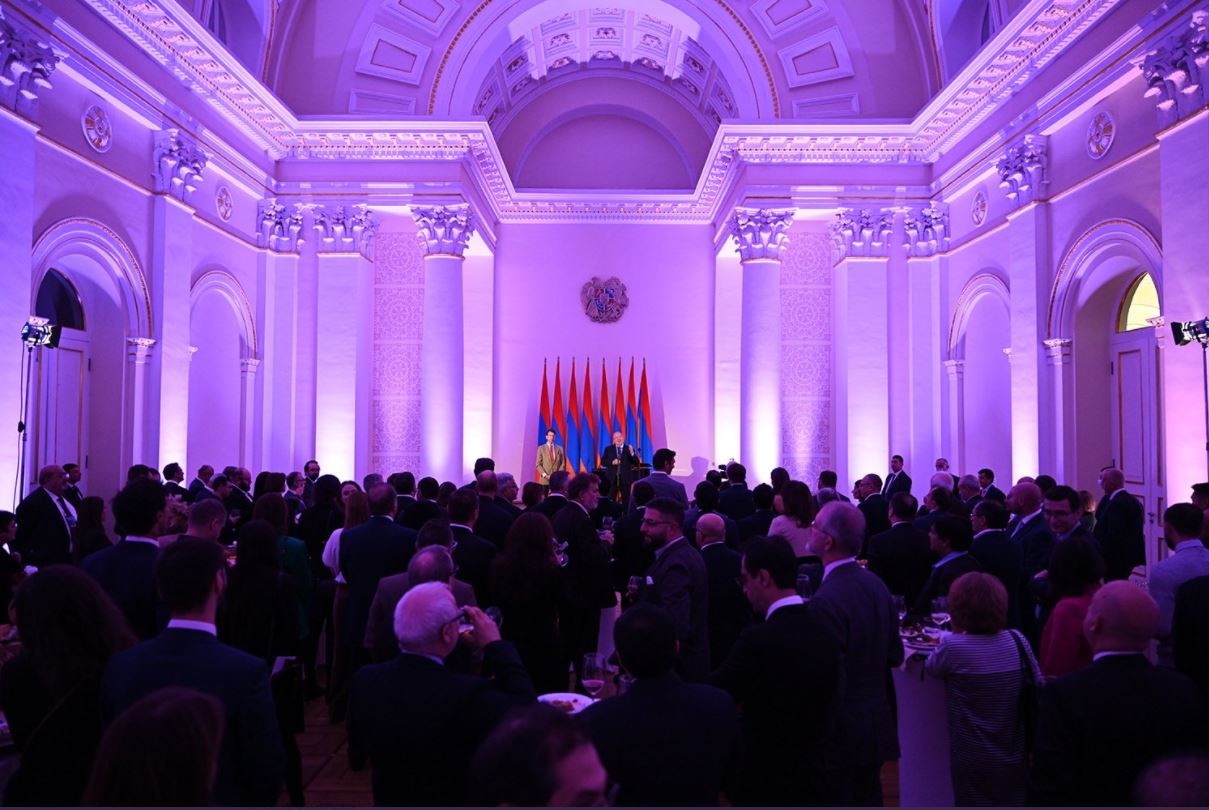The Bridge Tank and the French Development Agency launched a joint seminar series on blue economy in the Bay of Bengal (Bangladesh, India, Sri Lanka)
The Bridge Tank and AFD are co-hosting three workshops to understand the way in which Bangladesh, India and Sri Lanka organize their blue economy strategies, adapt to the physical impacts of climate change of the fishery resource and to identify the priorities, the opportunities and the needs for action. Along with the research and operational departments of the French Development Agency (AFD), we engage with marine, coastal and fisheries resource management bodies and influential national or regional think tanks.
On November 26th 2021, the online inaugural workshop gathered strategic thinking of the participants ahead of developing a growing interaction between them and institutes and policy makers in the following workshops, planned for January and February 2022.
This first workshop aimed at earmarking new blue economy priorities for various actors and nations in the Bay of Bengal, bringing shared understandings and diagnostics, identifying opportunities and needs in socio-economic projects. It aimed to identify the regional context and issues related to the blue economy, in particular the improvement of living standards of coastal communities and resource users through sustainable management of fisheries and integrated coastal management to adapt to climate change, through two panels.
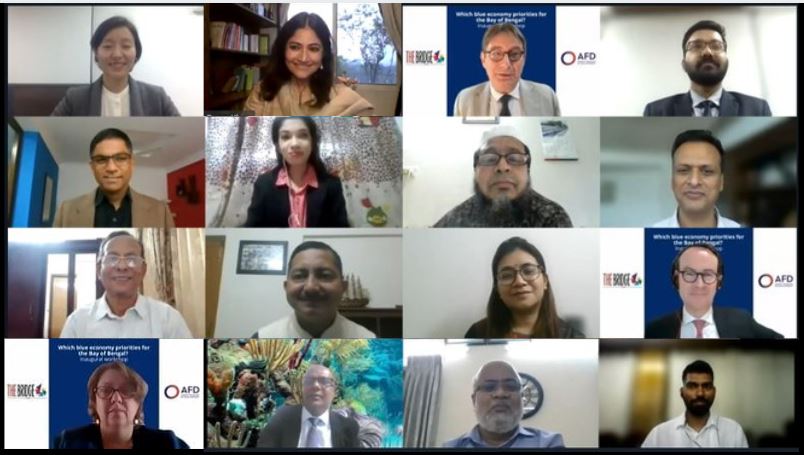
This virtual event brought together 12 speakers from 10 key organizations working on the blue economy in the region, gathering over 100 attendees.
Two panels shared speakers’ understanding of the different local issues related to the value chain of fisheries resources.
- Panel 1: “Resilient coastal ecosystems as a crucial prerequisite for sustainable economic value chains?”
Speakers:
Dr. Arnab Das, Director, Maritime Research Centre, India
Dr Srinivas Kumar, Director, Indian National Center for Ocean Information Services (INCOIS)
Ms Hasamini Sweenie Thilakarathne, Project coordinator and international affairs officer, Marine Environment Conservation Society of Sri Lanka (MECS), Sri Lanka Dr Chime Youdon & Dr Saurabh Thakur, Associate Fellows, National Maritime Foundation
Mr. Mashiur Rahaman, Joint Secretary, Ministry of Fisheries and Livestock
- Panel 2: “Sustainable fisheries and enhanced livelihood: actions on fisheries for food security, job access and climate change adaptation in the region”
Speakers:
Mrs Afifat Khanam Ritika, Research Officer, Bangladesh Institute of Maritime Research and Development (BIMRAD)
Mr Md. Abdul Wahab, EcoFish Team Leader, WorldFish, Bangladesh Wing
Mrs Runa Khan, Founder & Executive Director, Friendship NGO
Dr M.F.M. Fairoz, Dean, Faculty of Fisheries and Marine Sciences, Ocean University of Sri Lanka
Dr. Md. Sharif Uddin, Department of Fisheries, Bangladesh
To watch the workshop online, click here: Panel 1 & Panel 2
To read the minutes report, click here
“Profiteering & pandemic: WTO, pharma industry must introspect”, tribune by our board member Pranjal Sharma
In the ongoing context of the Covid-19 pandemic, our board member, Pranjal Sharma, wrote the following OpEd, published by The Daily Guardian, on the benefits of waivering the IPR (intellectual property rights) on vaccine production, particularly for low-income countries such as India and those of the African continent.
Read his tribune here: https://thedailyguardian.com/profiteering-pandemic-wto-pharma-industry-must-introspect/
Green Hydrogen prospects at COP 26
During COP26 in Glasgow, The Bridge Tank centred its contribution to the conference on the theme of green hydrogen and its potential as a decarbonised energy carrier. An active participant in COPs since COP22 and the Innovation Forum it helped organise, and the only think tank invited to the launch of the Hydrogen Council in Davos in 2017, The Bridge Tank had defined hydrogen as one of the key issues for COP26/COP15 in the run-up to the summit through a special report.
Represented by its chairman Joel Ruet and our board member Raphael Schoentgen, Founder & CEO of Hydrogen Advisors, The Bridge Tank gathered insights and shared its expertise on hydrogen through two sessions on the subject. On 11 November, The Bridge Tank took part in the Hydrogen Transition Summit, which brought together hydrogen experts from around the world to discuss the role this molecule will play in the transition to a net-zero future. Raphael Schoentgen, board member of The Bridge Tank, was one of the speakers at the summit.
Michael Matheson, Cabinet Secretary for Net Zero, Energy and Transport of Scotland inaugurated the Hydrogen Transition Summit by underpinning the role of bilateral city-region partnerships to accelerate the setting up of hydrogen supply chains.
In several regions of the world, the economic and technological conditions to scale up hydrogen are already in place, Raphael Schoentgen argued, adding that public support for hydrogen is now strong. While the carbon price matters, knowing who the financial off takers will be and having finance in equity are two key drives to scale up, he added.
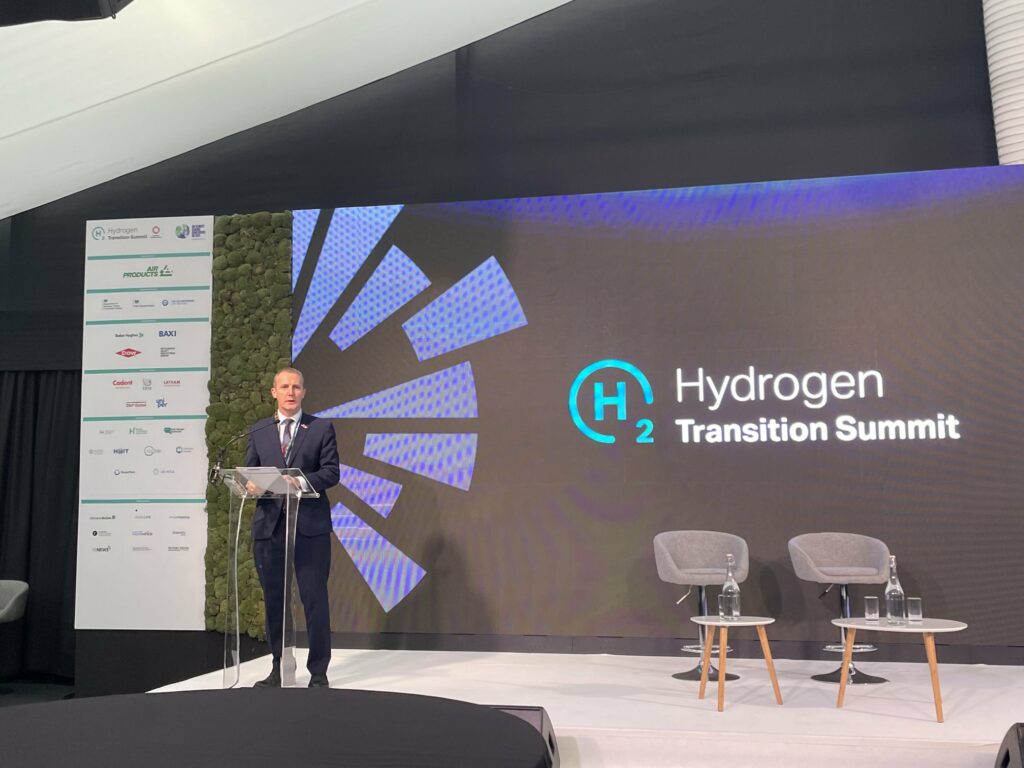

Green Hydrogen Application
One day earlier, on 10 November 2021, UNIDO and the Austrian Ministry of Climate Action organised a side event on “Green Hydrogen Application: Driving growth of renewable energy and advancing inclusive energy transition” at the SDG 7 Pavilion. The event gathered:
- Stephan Sicars, Managing Director of the Directorate of Environment and Energy, UNIDO,
- Leonore Gewessler, Minister of Climate Action, Environment, Energy, Mobility, Innovation and Technology of Austria,
- Rolando Castro-Córdoba, Vice Minister of Energy and Environmental Quality of Costa Rica,
- Rebecca Maserumule, Chief Director: Hydrogen and Energy at the Department of Science and Innovation, South Africa,
- Ahmed Benlarabi from IRESEN (Institut de Recherche en Énergie Solaire et Énergies Nouvelles),
- Alicia Eastman from InterContinental Energy.
Minister Gewessler set a framework on increasing complementarities between electricity storage, long distance mobility, carbon pricing, and directing hydrogen in priority towards hard to abate sectors like steel. This particular use of green hydrogen has considerable potential in South Africa, Dr Maserumule noted, as it could help decarbonise the mining & chemical sectors but also public transportation in the context of the country’s revised Nationally Determined Contributions (NDC).
In Oman, the sun and wind in the desert could give rise to the production of green hydrogen and green ammonia, as well as producing water and fixing atmospheric carbon through the production of synthetic fuels.


France 24 – Joël Ruet speaks on the 2021 Chinese Communist Party Congress and Chinese economic difficulties
The Chinese Communist Party (CCP) began its most important meeting of the year on Monday, the 8th of November 2021, which will set President Xi Jinping’s historic vision in stone. The Beijing strongman has been in power for nine years and in a year’s time will seek a third term as head of the CCP — further cementing his stature as the country’s most powerful leader since the Communist regime’s founder, Mao Tse-tung, ruled from 1949 to 1976. Why this resolution? According to Joel Ruet, President of The Bridge Tank, who spoke on this matter on French television channel France 24, it could be a sign of economic difficulties the regime faces.
Watch his intervention (in French) here.
Special Report – Moving ahead of COP26 & COP15: finance & coalitions for hydrogen & the blue economy
In the context of international negotiations on climate and biodiversity (COP26 and COP15), The Bridge Tank has developed analyses on global priority topics, these international conferences of which are considered as some of the most urgent.
This report aims to contribute to the global and diplomatic discussion on climate change and biodiversity challenges. Through deep academic and scientific review, we designed method, foresight, and recommended solutions, divided into 4 chapters. The first two chapters put forward positions, structuring and global elements on adaptation, finance and governance while forcing action at different scales. The second two chapters develop scientific, industrial and technical theories on operational subjects.
The first chapter addresses the ADAPTATION FINANCE mechanisms with a specific focus on blended finance as an efficient tool to finance emerging economies. Our analyses allow us to identify various tools for scaling up climate action.
The second chapter deals with the innovative approach of COALITION into the climate change negotiations toward bottom up and regional coalition by involving non state-actors.
The third chapter focuses on the place HYDROGEN can take in the energy transition as an upcoming energy vector. It underlines the specific economic and political dynamics that characterize the hydrogen ecosystems and puts forward possible bottlenecks that could impede its effective scale up for industry uses in the coming years.
The last chapter explores the need to work towards a transition to a BLUE ECONOMY in coastal territories worldwide and more specifically in the Indo-Pacific. This chapter highlights the fact that the ocean industrialization needs to be limited and coastal ecosystem and blue economy value chain should be better integrated.
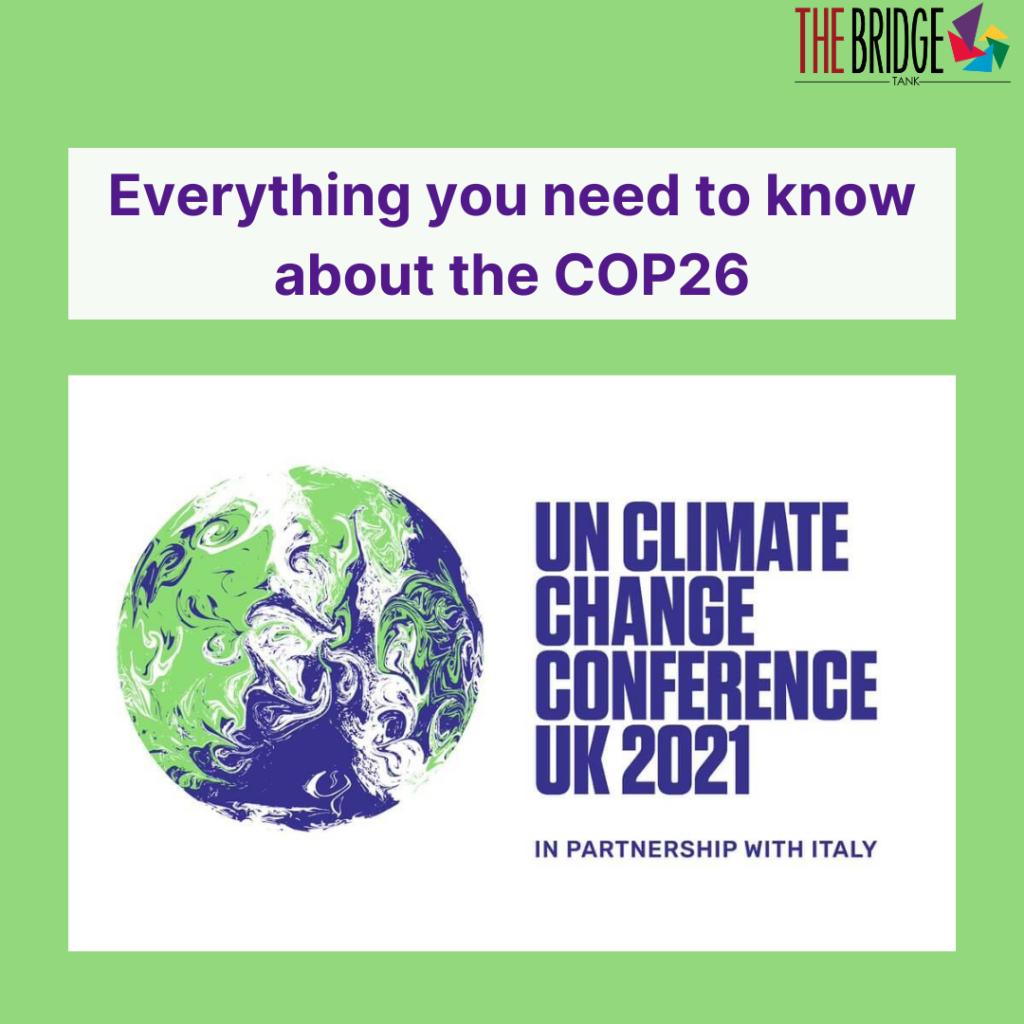
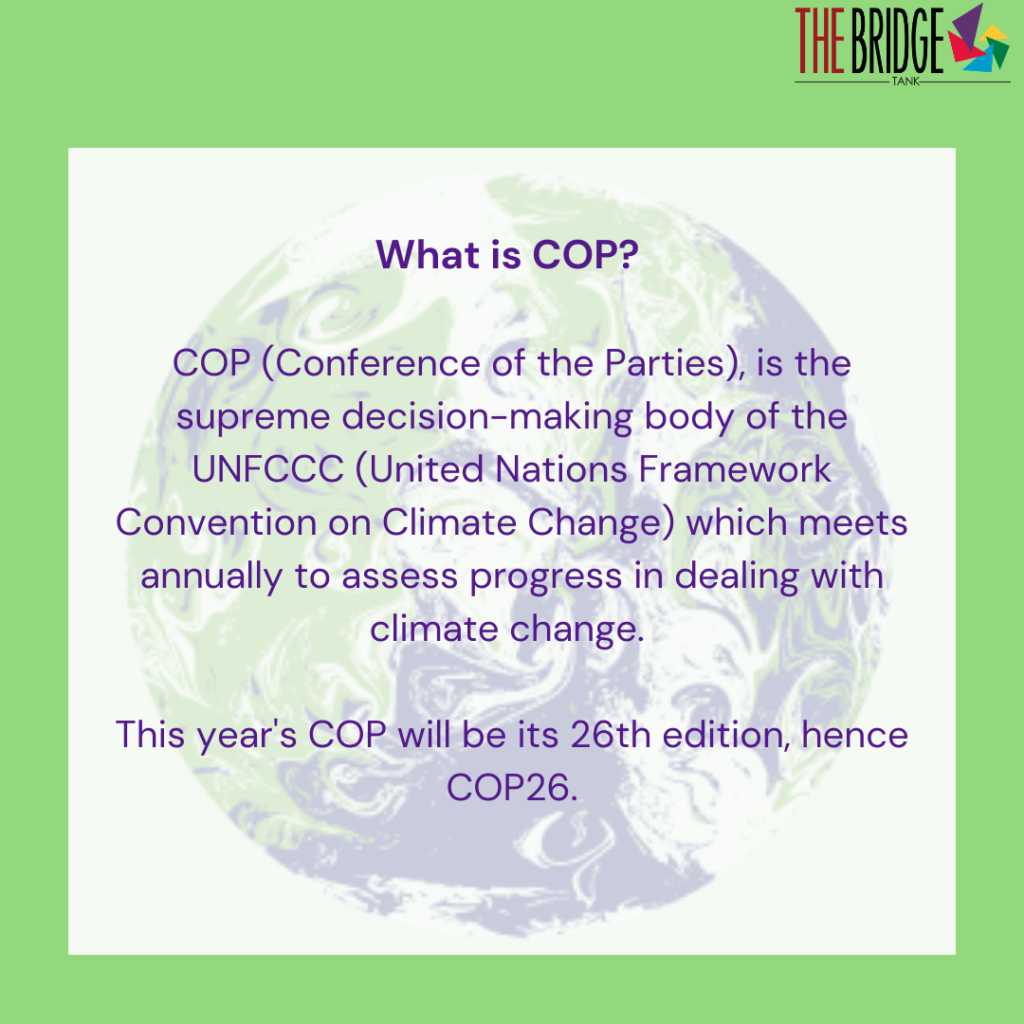
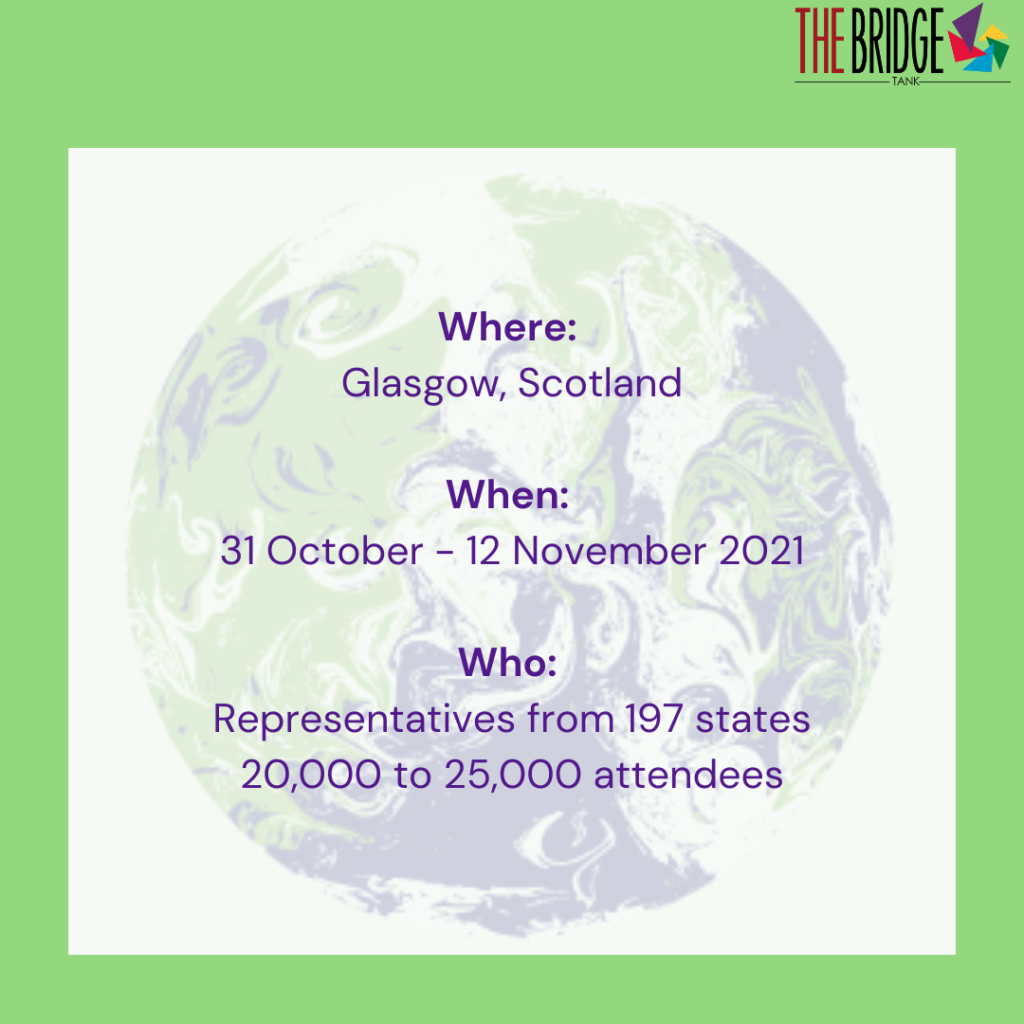
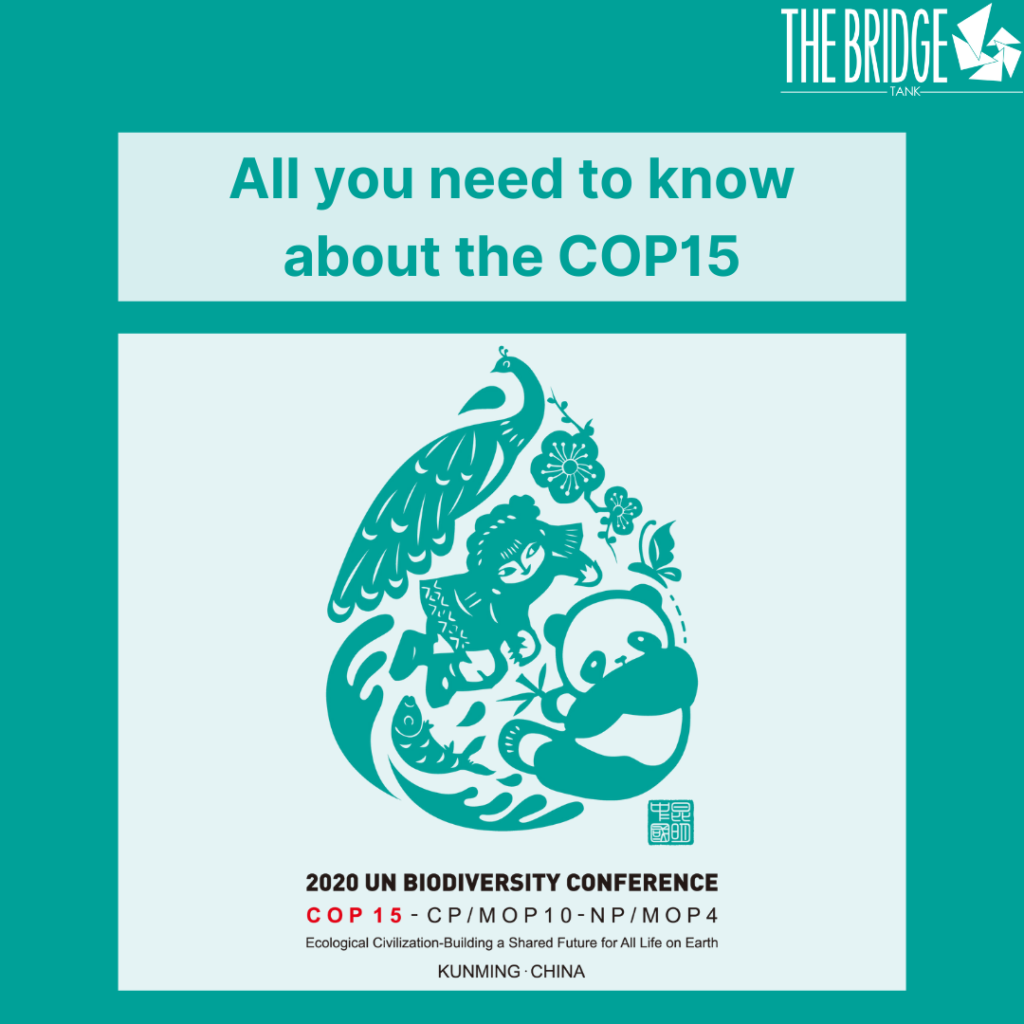
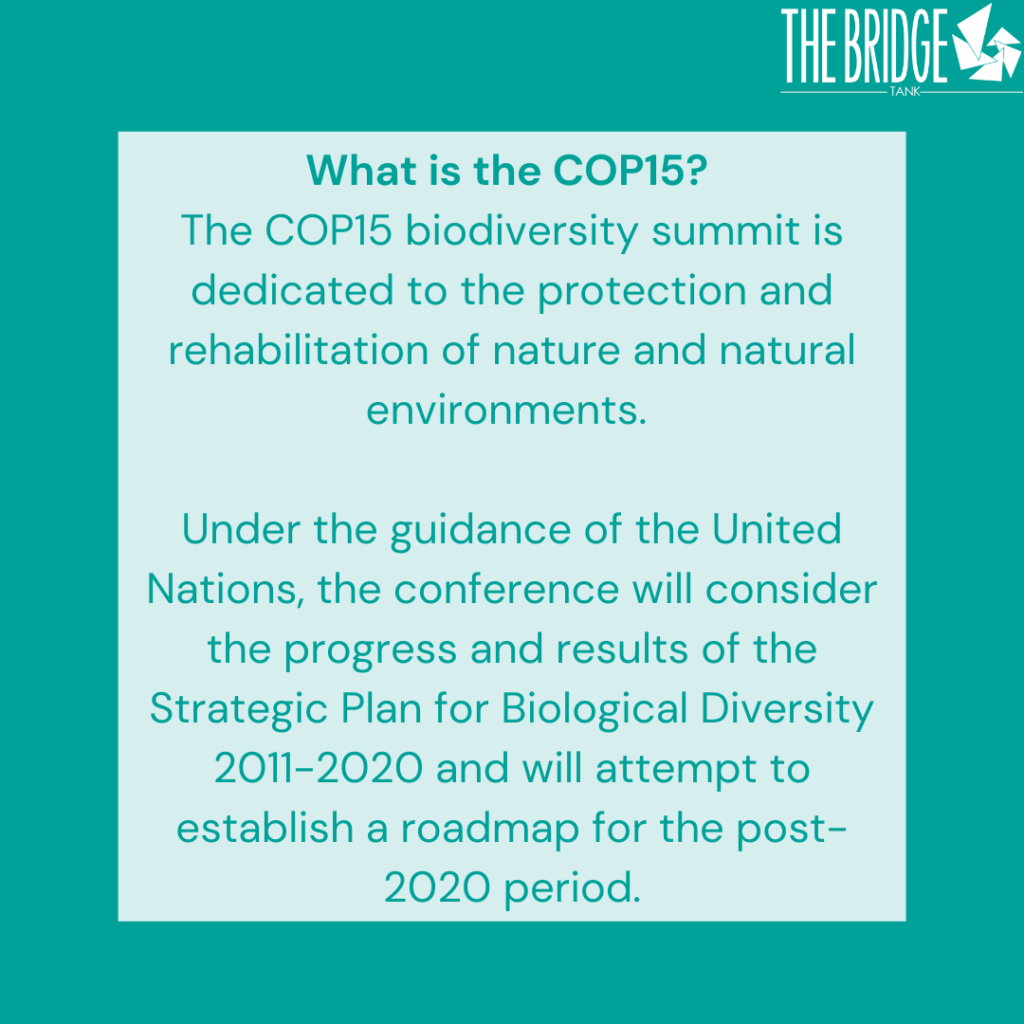
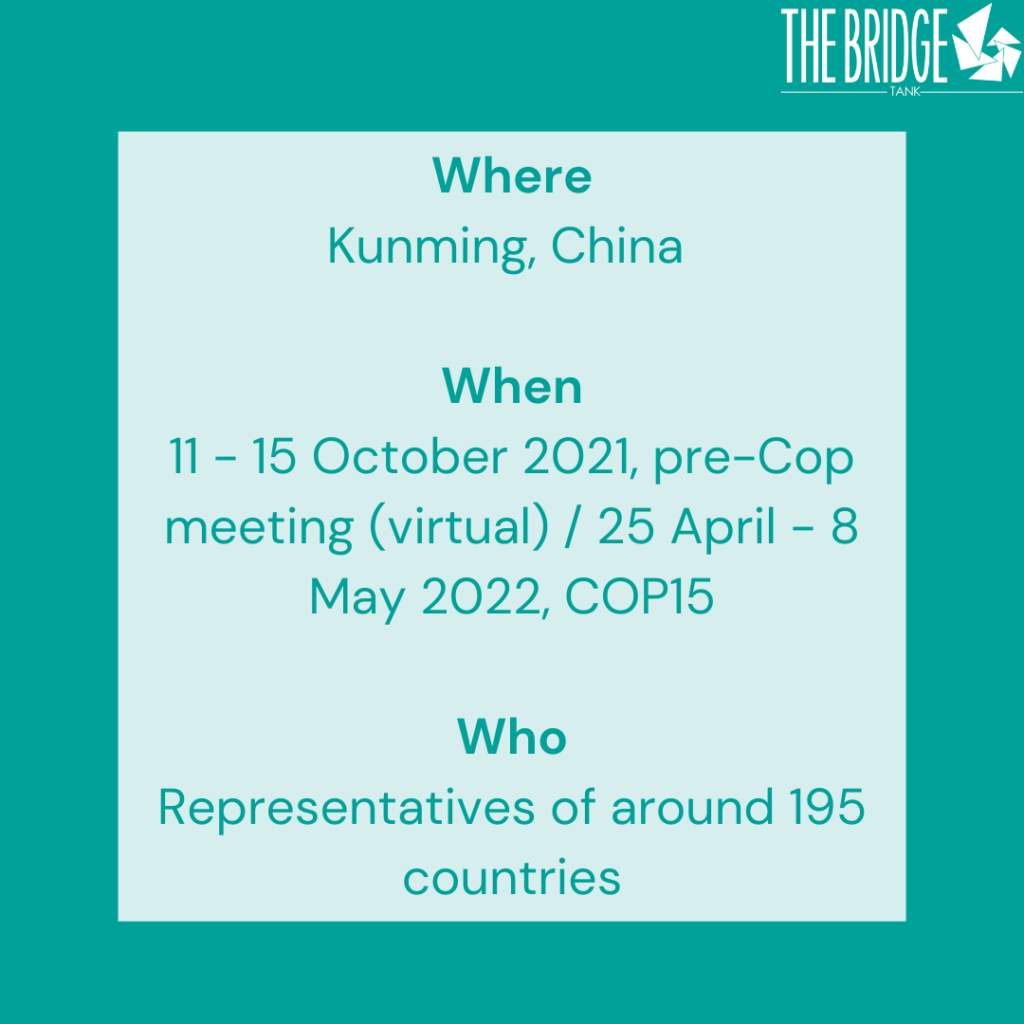
Edited by: Malaurie Le Bail and Joël Ruet
Contributors: Baudouin Becker, Clarisse Comte, Florian Dommergues and Malaurie Le Bail
Proofreading and graphic design: Jacqueline Duan
Read here our report: Final report_climate change and biodiversity_TBT_Nov21
COP26 Side Event – Liberal International’s Declaration for Climate
On 8 November 2021, The Bridge Tank, an Observing Member to Liberal International participated to an online roundtable event on the fringes of COP26, hosted by ALDE Party and Liberal International. Liberal policymakers and representatives from partner organizations congregated to share their views and exchange information on the ongoing United Nations Conference on Climate Change. The event was chaired by ALDE Party acting co-President Timmy Dooley and President of Liberal International Hakima El Haité.
The participants discussed the role of liberals when it comes to influencing the sustainability agenda in the next years, with a particular look at the first week of negotiations and an eye towards the second and final round of negotiations. Moreover, they also stressed the importance of the liberal voice, including younger generations, when it comes to building back better from the pandemic and generating jobs and growth as well as for the respect of rule of law across the globe.
At the end of the roundtable, the participants adopted a pledge calling on states to increase their climate ambitions. In this pledge, the participants called for stronger international cooperation to raise climate commitments and implement them, called on states to submit more ambitious NDCs, and urged for more technical and financial support to be granted to developing states to improve their capacity to take climate action.
“Protection of global biodiversity is also essential to combat environmental degradation and climate change. Our planet is currently facing its sixth mass extinction as a consequence of human activity, and it is disrupting ecosystems around the world, threatening our food production, and increasing risks of pandemics. We must take bold and rapid action now to change this, and therefore call on states to include biodiversity protection as a central part in their climate action plans.
The time for talk is now over – the only option left is action.”
Read the full pledge on Liberal International’s website.
The Bridge Tank at the 10th international session of IFGR in Geneva
The 10th international session of Initiatives for the Future of Great Rivers – IFGR (Initiatives pour l’Avenir des Grands Fleuves, IAGF), an organisation chaired by Erik Orsenna, member of the Académie Française, was held in Geneva from 27 October to 1 November 2021. The Bridge Tank took part in this meeting of dialogue and reflection on the theme of “River, Lake and City: the conditions for a successful alliance” through the presence of our Joël Ruet, President, and of our board member Hamed Semega, High Commissioner of the Senegal River Basin Development Organisation (OMVS), participating in this session in his capacity as member of the IFGR Rivers Committee.
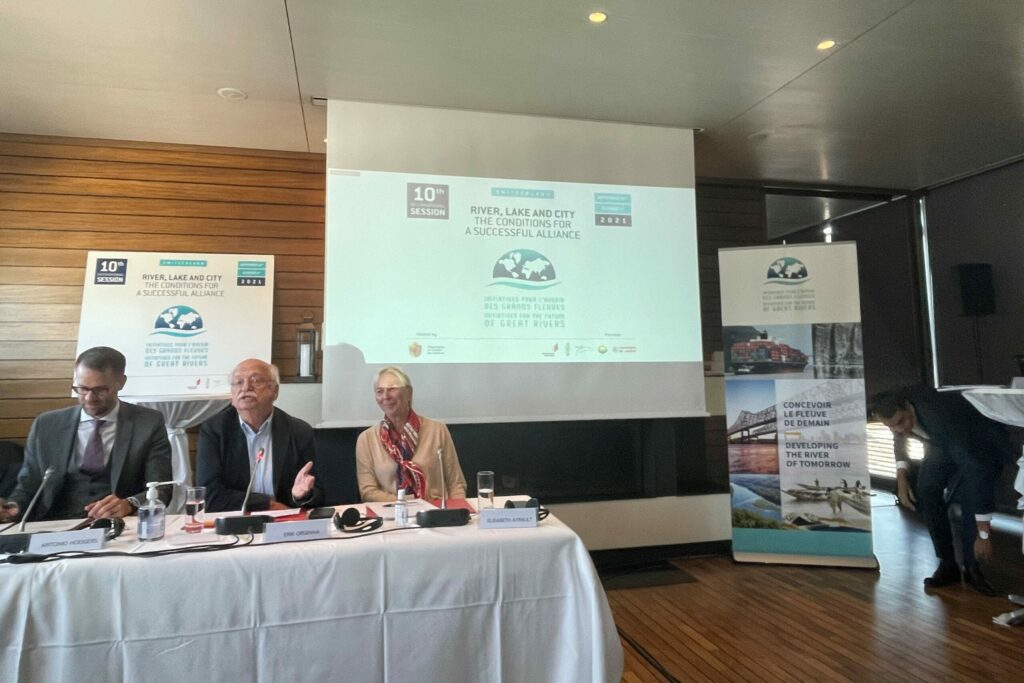
2M TV Morocco – Joël Ruet speaks on how the roll-out of the vaccine pass will facilitate the return to normal life
Joël Ruet, President of The Bridge Tank, spoke on newscast Infosoir on Monday 25 October on the French-Moroccan television channel 2M. Joël Ruet indicated that the world is in a new phase in the treatment of the pandemic, with imperatives and specificities that differ from the period of its advent. “Before,”, Joël Ruet recalled, “the virus had to be prevented from circulating but, in doing so, populations were prevented from circulating, it was containment,” a necessary measure given the absence of a vaccine.
Watch his intervention (in French) here.
The Bridge Tank contributes to the 2021 Armenian edition of the Summit of Minds
The 2021 Armenian edition of the Summit of Minds forum was held on the 23rd and 24th of October in the city of Dijilan, in the presence of Armenian President Armen Sarkissian. The Bridge Tank’s president Joël Ruet, attended this event alongside our board member Pranjal Sharma, who intervened on the panel: “A New Social Contract in the Time of AI, New Technologies & Covid-19”.
Joël Ruet notably exchanged with Andrey Kortunov, the Director General of RIAC (Russian International Affairs Council), during the panel “Global Transformations & Quantum Politics – Challenging the Unknown”.
